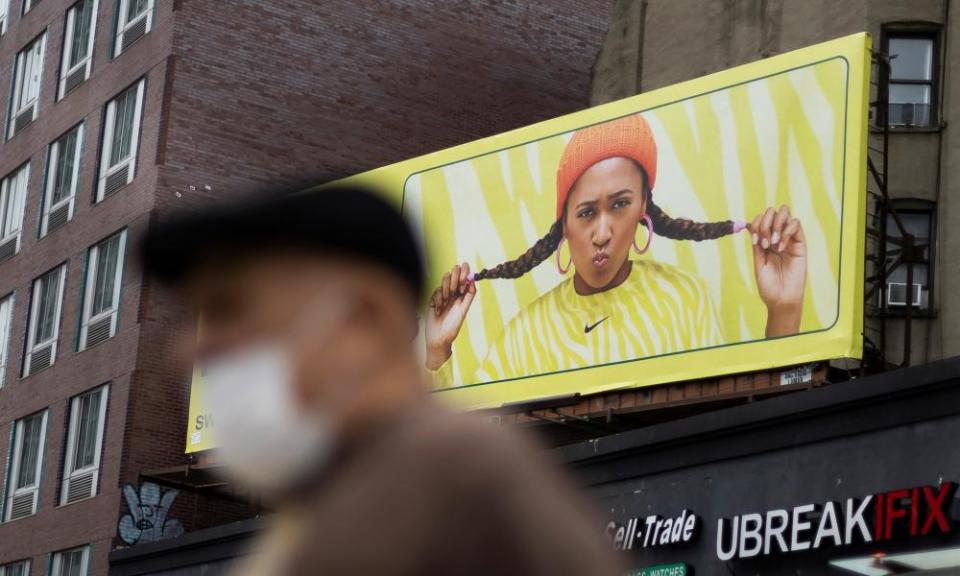Mental health struggles are ubiquitious. We are all Naomi Osaka now

In late May, the tennis champ Naomi Osaka withdrew from the French Open, after officials fined her $15,000 and threatened to suspend her from the tournament for opting out of mandatory media activities. In her statement, Osaka explained that she was having to contend with “huge waves of anxiety” before each speaking engagement, and that she’d also struggled with depression following her 2018 US Open win against Serena Williams, where she was booed and jeered by the crowd during the trophy ceremony for defeating the US legend.
The series of events sent a clear message: that in the world of elite sports, mental health is still not a priority. Yet rather than bow to the organization’s demands, Osaka opted to remove herself from a situation that she knew would jeopardize her mental wellbeing (the 23-year-old four-time Grand Slam winner has since also withdrawn from the Berlin WTA tournament, raising questions about whether she will be competing at Wimbledon later this month).
It’s inspiring to see Osaka boldly flipping the bird to a system that clearly wasn’t going to protect her. And despite the messy circumstances, her experience lies at the intersection of a number of issues that are germane to all of us as people; work, mental health and having to show up to the job even when one is struggling.
Related: Are there limits to using celebrities to discuss race and mental health? | Nesrine Malik
One out of every five US adults experiences mental illness each year, with about one in 20 facing serious mental illness. And since the start of the Covid-19 pandemic, that number has sharply risen. In a survey by the US Census Bureau in December 2020, over 42% of participants reported symptoms of anxiety or depression, a massive jump from 11% the previous year. Between the overwhelming isolation wrought by the pandemic and the drastic changes to the ways we work, live and interact with each other, most people have been stretched to their limits over the last year and a half.
For those fortunate to have kept a job during the pandemic – and one that they can do from home – the line between one’s personal and professional life is almost nonexistent now. And with the precarious nature of many jobs today combined with the stigma still associated with mental illness, the anxiety of trying to stay employed has locked many people into silence, creating a perfect storm for even worse outcomes.
Admitting you are struggling to your bosses or colleagues is something most people have been socialized to avoid like the plague. And the hypervisibility that comes with disclosing mental illness in a workplace setting can be a major deterrent to people seeking help even when they may be in crisis. In a 2018 study on depression in the workplace, researchers at the London School of Economics found that in offices where employers avoid talking about depression, “employees themselves end up avoiding work and even when they return to work they are not as productive as they could be.”
It’s why Osaka’s defiance is so important, particularly for the many young people who look up to her. In disclosing her experiences, she joined a cohort of other tennis stars like Williams, Sloane Stevens and Coco Gauff who have all boldly spoken about their own mental health struggles, and the pressures that come with being a highly visible figure in the pro sports world. But still, it isn’t easy to speak out about mental illness, especially for people who don’t have the same resources and access as Osaka and her peers. During the pandemic, many adults reported negative impacts on their mental wellbeing like difficulty sleeping or eating, increases in alcohol consumption or substance use, and worsening chronic conditions. Unfortunately, roughly half of these conditions will probably go untreated or undiagnosed.
And with the stigma around mental health continuing to be pronounced within Black and Asian communities, Osaka’s message is a timely and crucial one. Her decision is a hopeful sign that we are approaching a time when we can all feel more permitted to exercise full agency over our wellbeing.
Tayo Bero is a freelance journalist

